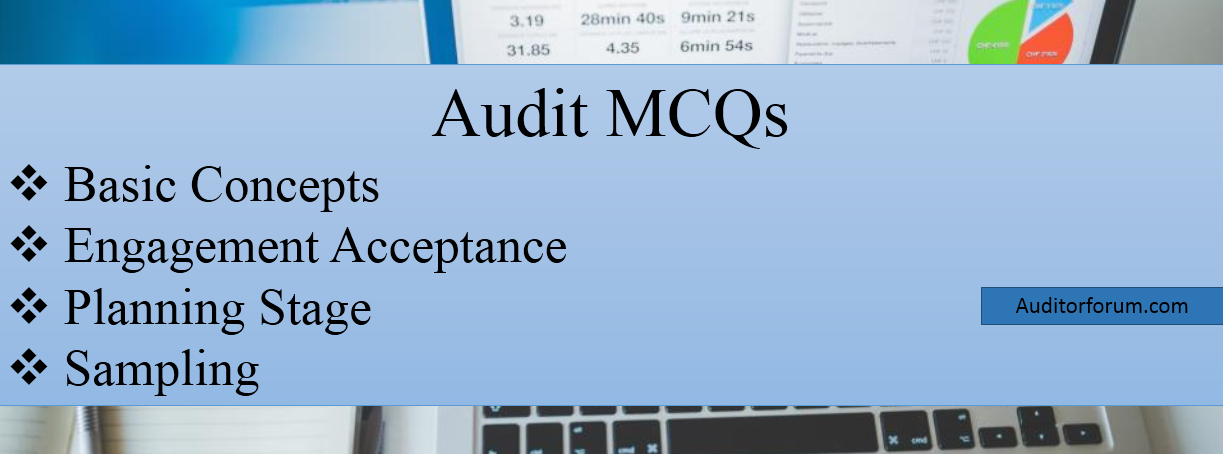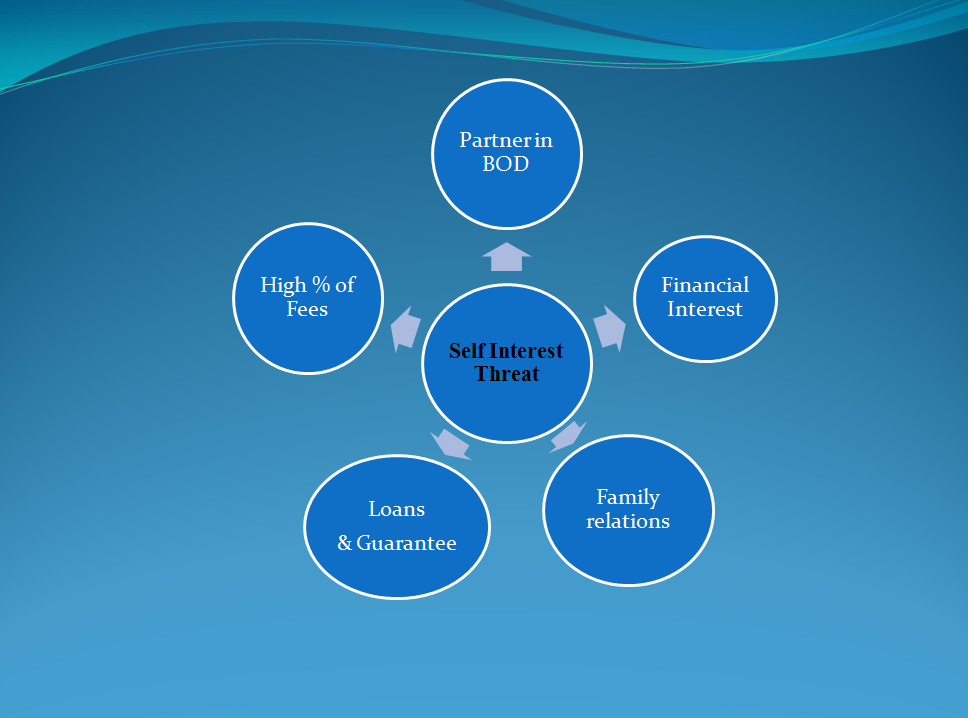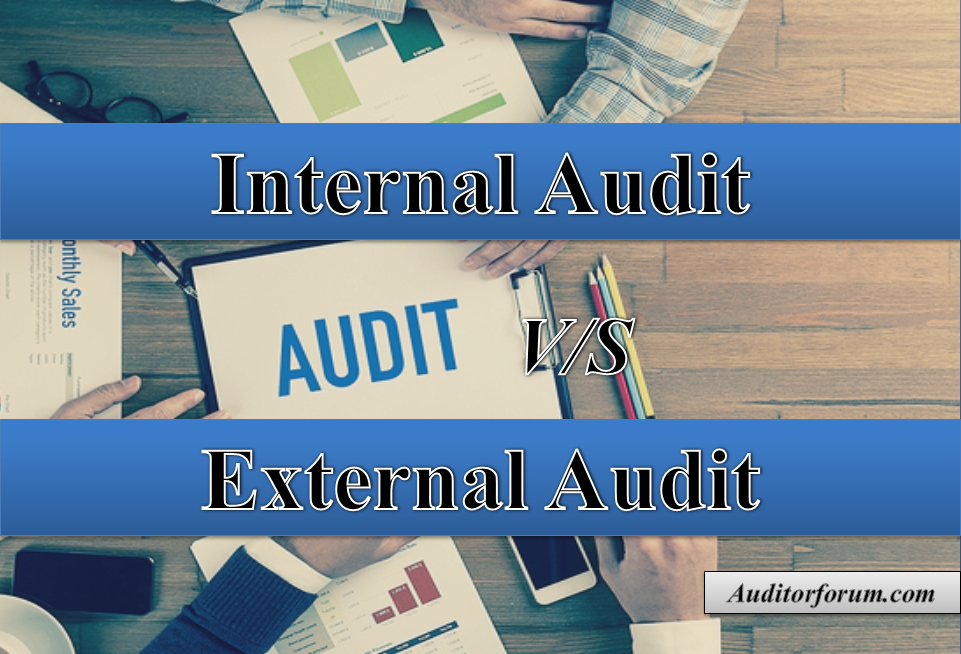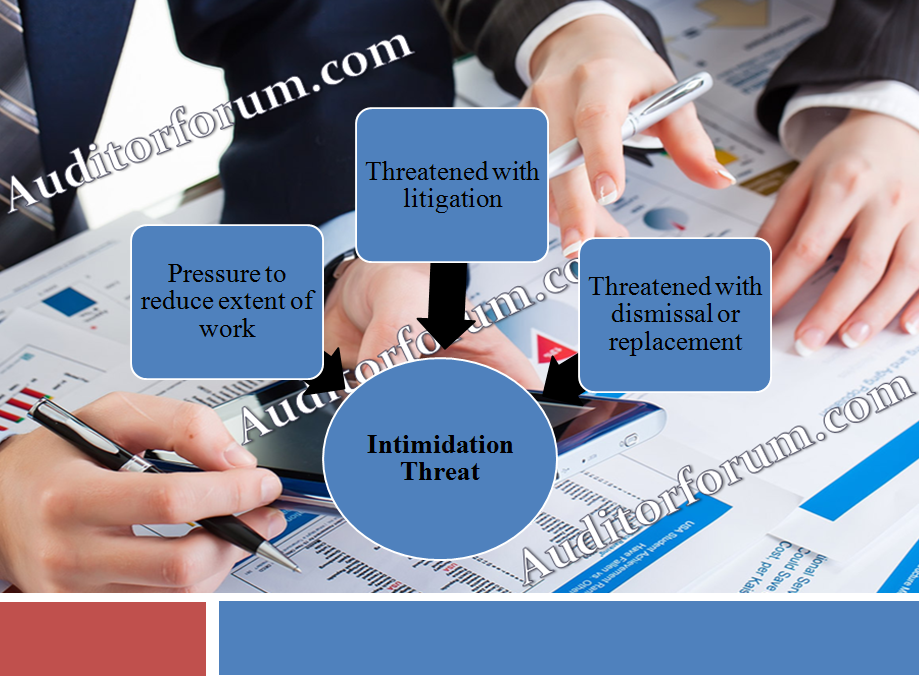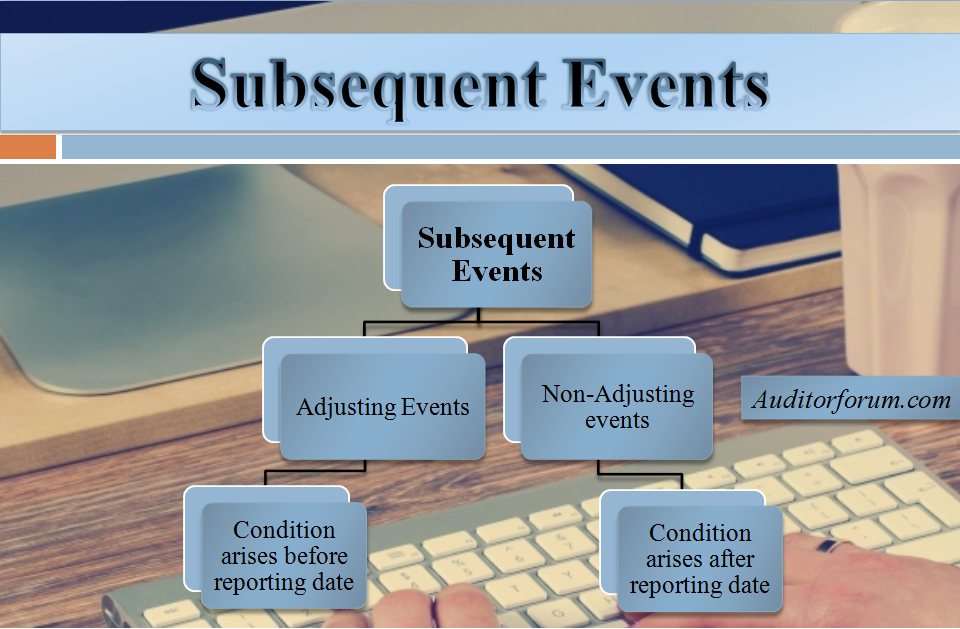Audit MCQs
Audit MCQs Basic Concepts
1. The fundamental objective of the audit of a company is to:
(a). Protect the interests of the minority shareholders
(b). Detect and prevent errors and fraud
(c). Assess the effectiveness of the company’s performance
(d). Attest to the credibility of the company’s accounts
Ans: (d)
2. The concept of stewardship means that a company’s directors
(a). Are responsible for ensuring that the company complies with the law
(b). Are responsible for ensuring that the company pays its tax by the due date
(c). Safeguard the company’s assets and manage them on behalf of shareholders
(d). Report suspected fraud and money laundering to the authorities
Ans: (c)
3. Why do auditors concentrate their efforts on material items in accounts?
(a). Because they are easier to audit
(b). Because it reduces the audit time
(c). Because the risk to the accounts of their being incorrectly stated is greater
(d). Because the directors have asked for it
Ans: (c)
4. Which of the following is NOT the responsibility of a company’s directors?
(a). Reporting to the shareholders on the accuracy of the accounts
(b). Establishment of internal controls
(c). Keeping proper accounting records
(d). Supplying information and explanations to the auditor
Ans: (a)
5. International auditing standards are issued by the:
(a).International Accounting Standards Board
(b). Financial Accounting Standards Board
(c). International Audit and Assurance Standards Board
(d). Auditing Practices Board
Ans: (c)
Audit MCQs Obtaining Engagement
6. When an auditor is proposed for removal from office, which one of the following is he NOT permitted to do?
(a). Circulate representations to members
(b). Apply to the court to have the proposal removed
(c). Speak at the AGM/EGM where the removal is proposed
(d). Receive notification of the AGM/EGM where the removal is proposed
Ans: (b)
7. Which one of the following is NOT a duty of the auditor?
(a).Duty to report to the company’s bankers
(b). Duty to report to the members
(c). Duty to sign the audit report
(d). Duty to report on any violation of law
Ans: (a)
8. Assuming that it is not the first appointment of the auditor, who is responsible for the appointment of the auditor?
(a).The shareholders in a general meeting
(b). The managing director
(c). The board of directors in a board meeting
(d). The audit committee
Ans: (a)
9. The independent auditor’s primary responsibility is to:
(a). the directors
(b). the company’s creditors (payables)
(c). the company’s bank
(d). the shareholders
Ans: (d)
10. How long is the auditor’s term of office?
(a). Until the audit is complete
(b). Until the financial statements are complete
(c). Until the next AGM
(d). Until the directors remove them
Ans: (c)
Audit MCQs Planning Stage
11. Which one of the following is NOT considered to be part of planning?
(a).Background i.e. industry
(b). Previous year’s audit i.e. any qualifications in the report
(c). Considering the work to be done by the client staff e.g. internal audit
(d). Considering whether the financial statements show a true and fair view
Ans: (d)
12. Audit risk is composed of 3 factors. Which of the following is NOT one of those factors?
(a). Compliance risk
(b). Detection risk
(c). Control risk
(d). Inherent risk
Ans: (a)
13. Which of the following is NOT a main element of a sales system?
(a). Receiving orders from customers
(b). Marketing
(c). Despatching the goods and invoicing customers
(d). Recording sales and debtors in the accounts
Ans: (b)
14. Which should NOT be considered at the planning stage?
(a). The timing of the audit
(b). Analytical review
(c). Last year’s written representation letter
(d). Obtaining written representations
Ans: (b)
15. At the planning stage you would NOT consider:
(a). the timing of the audit
(b). whether corrections from the inventory count have been implemented
(c). last year’s audit
(d). the potential use of internal audit
Ans: (b)
Audit MCQs Sampling
16. Which of the following is NOT an accepted method of selection in sampling?
(a). Systematic selection
(b). Pervasive selection
(c). Random selection
(d). Haphazard selection
Ans: (b)
17. Which of the following are you unlikely to see in the current file of auditors’ working papers?
(a). Memorandum & articles of association
(b). Audit planning memorandum
(c). Summary of unadjusted errors
(d). Details of the work done on the inventory count
Ans: (a)
18. According to ISA 500, the strength of audit evidence is determined by which two qualities?
(a). Appropriateness & competence
(b). Sufficiency & appropriateness
(c). Reliability & extensiveness
(d). Objectivity & independence
Ans: (b)
19. Which of the following is NOT a main element of a purchases system?
(a). Placing orders
(b). Receiving purchase invoices
(c). Goods received
(d). Decisions at board level on whether to incur capital expenditure
Ans: (d)
20 Which of the following is normally the most reliable source of audit evidence?
(a). Internal audit
(b). Suppliers’ statements
(c). Board minutes
(d). Analytical review
Ans: (b)
For more Audit MCQs keep visiting auditorforum.com. We are keen to know your feedback in comments and do share this with your study fellows.

